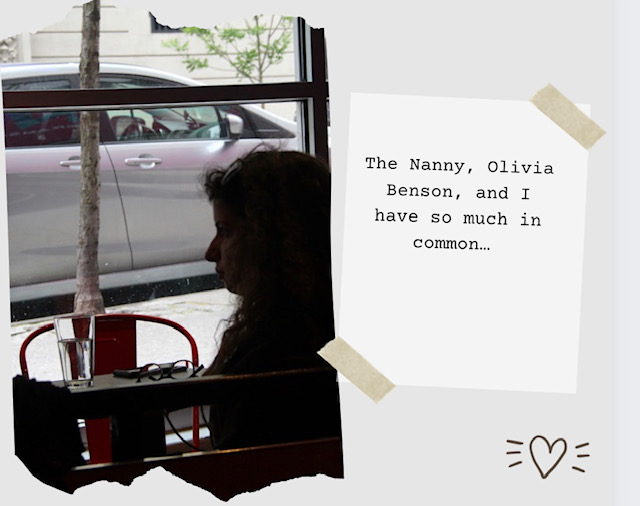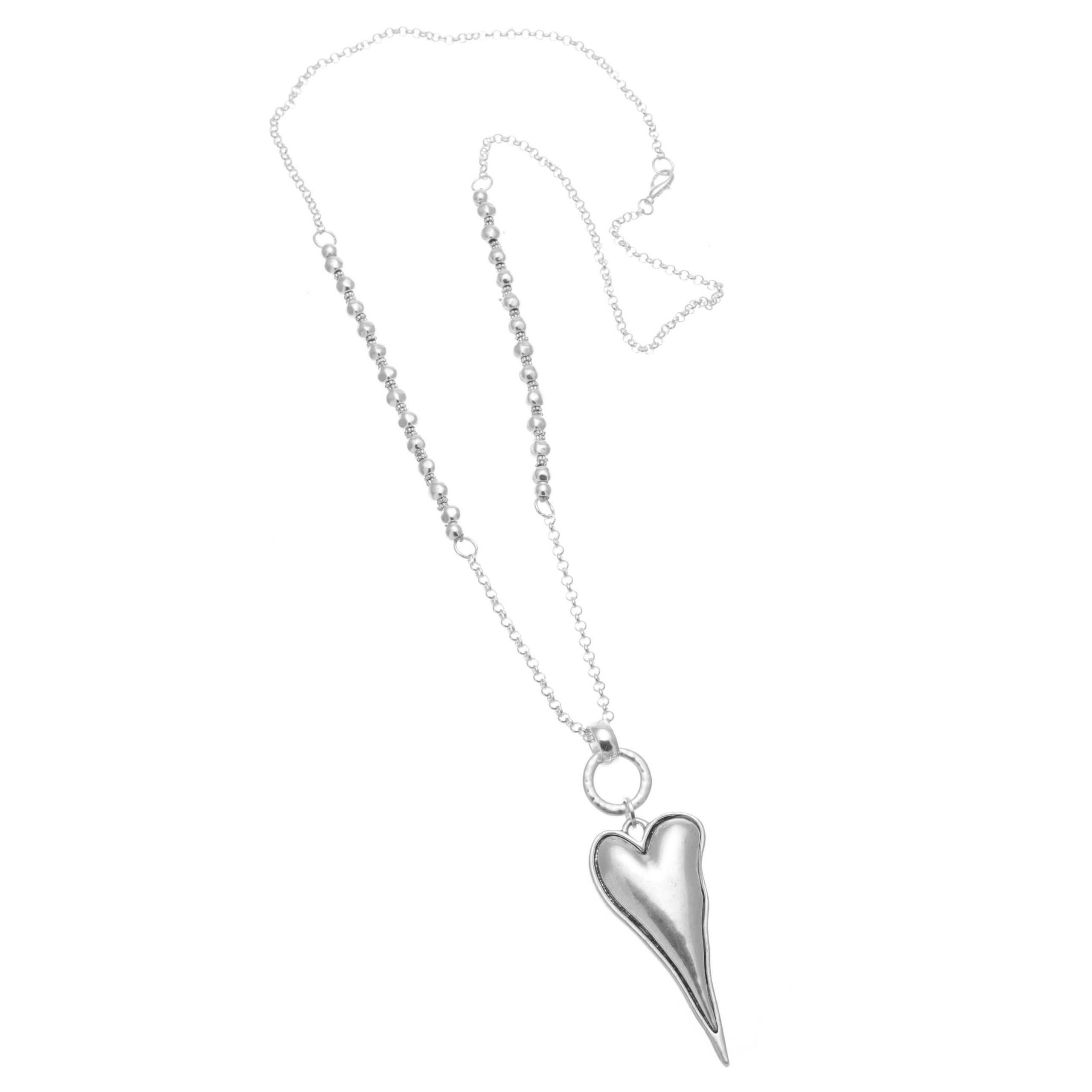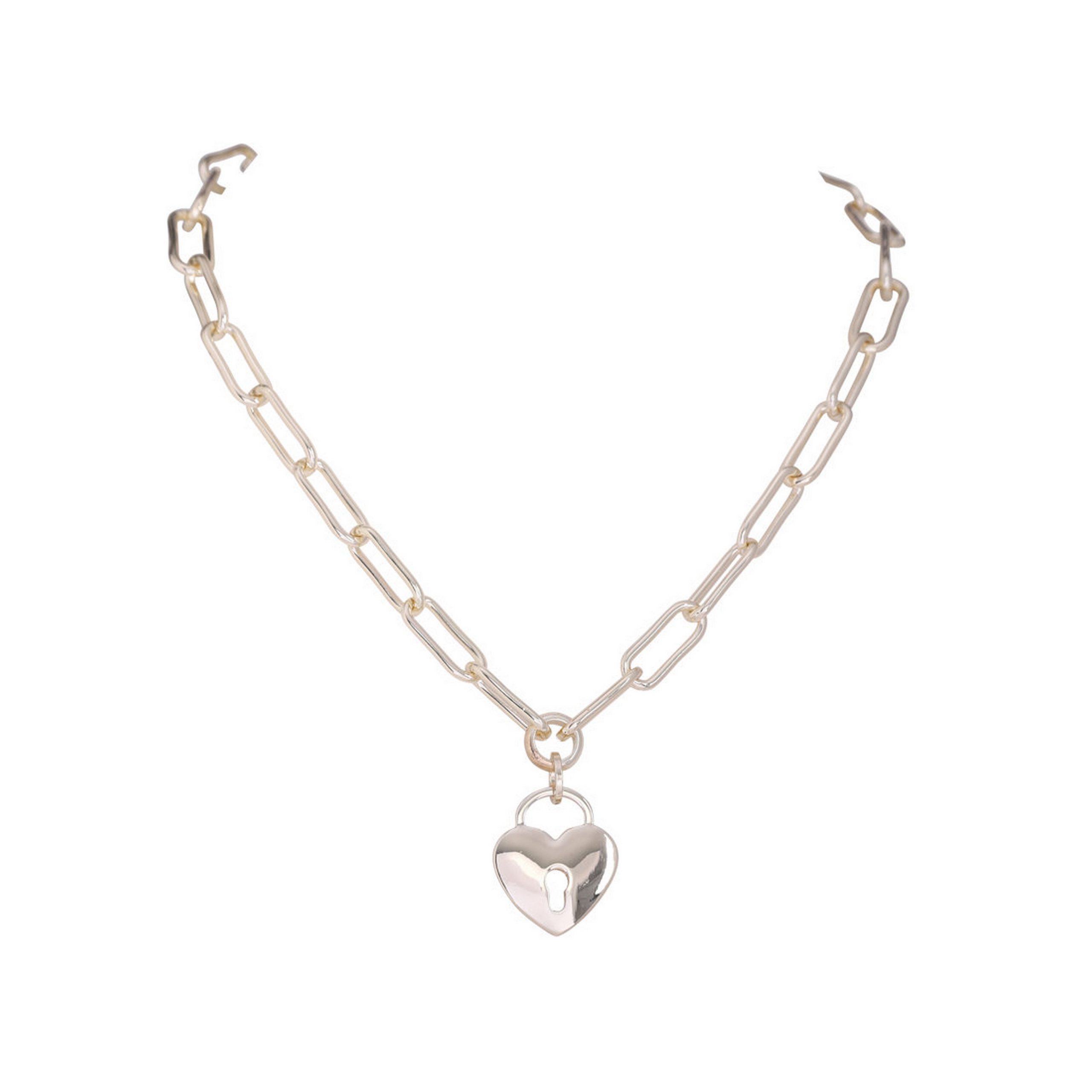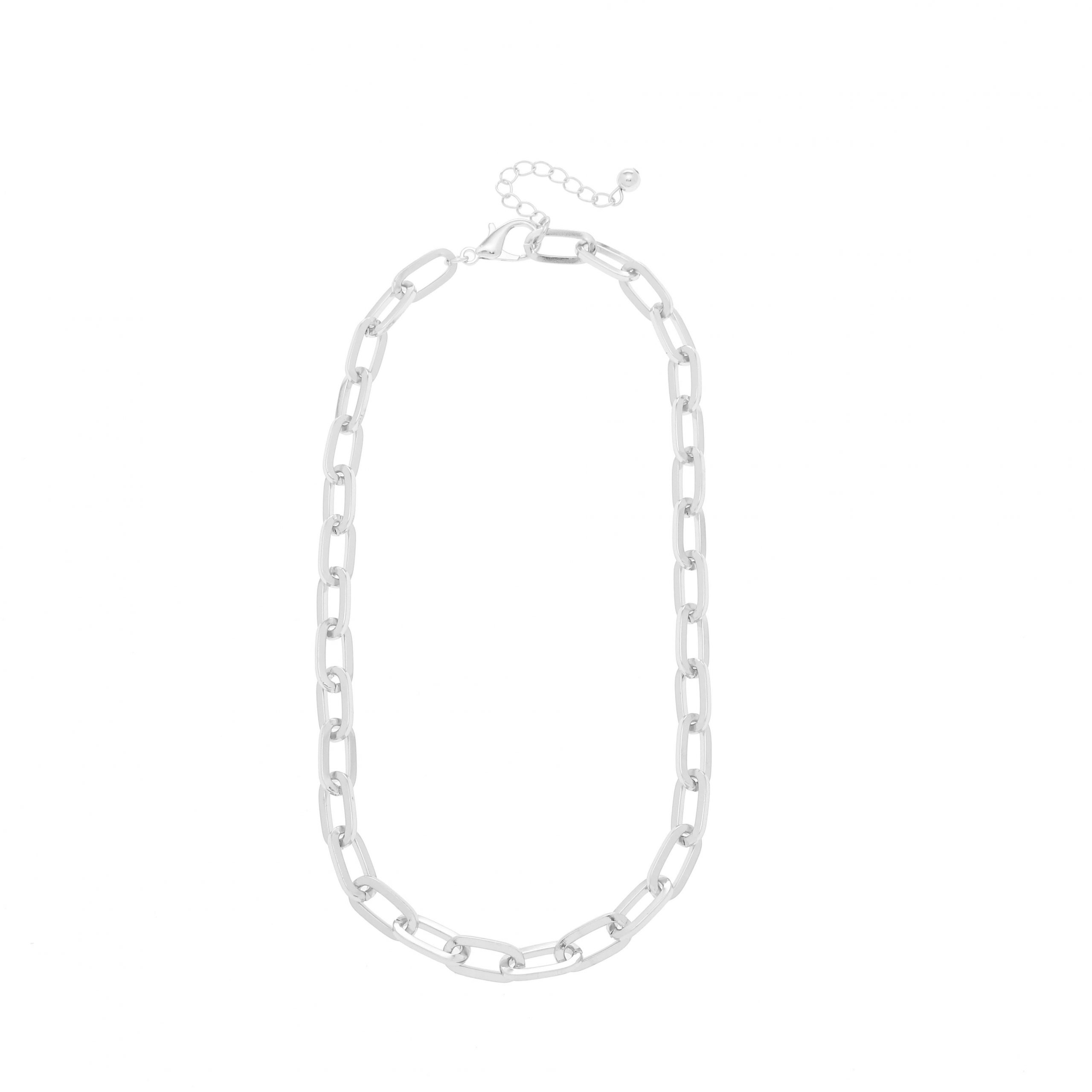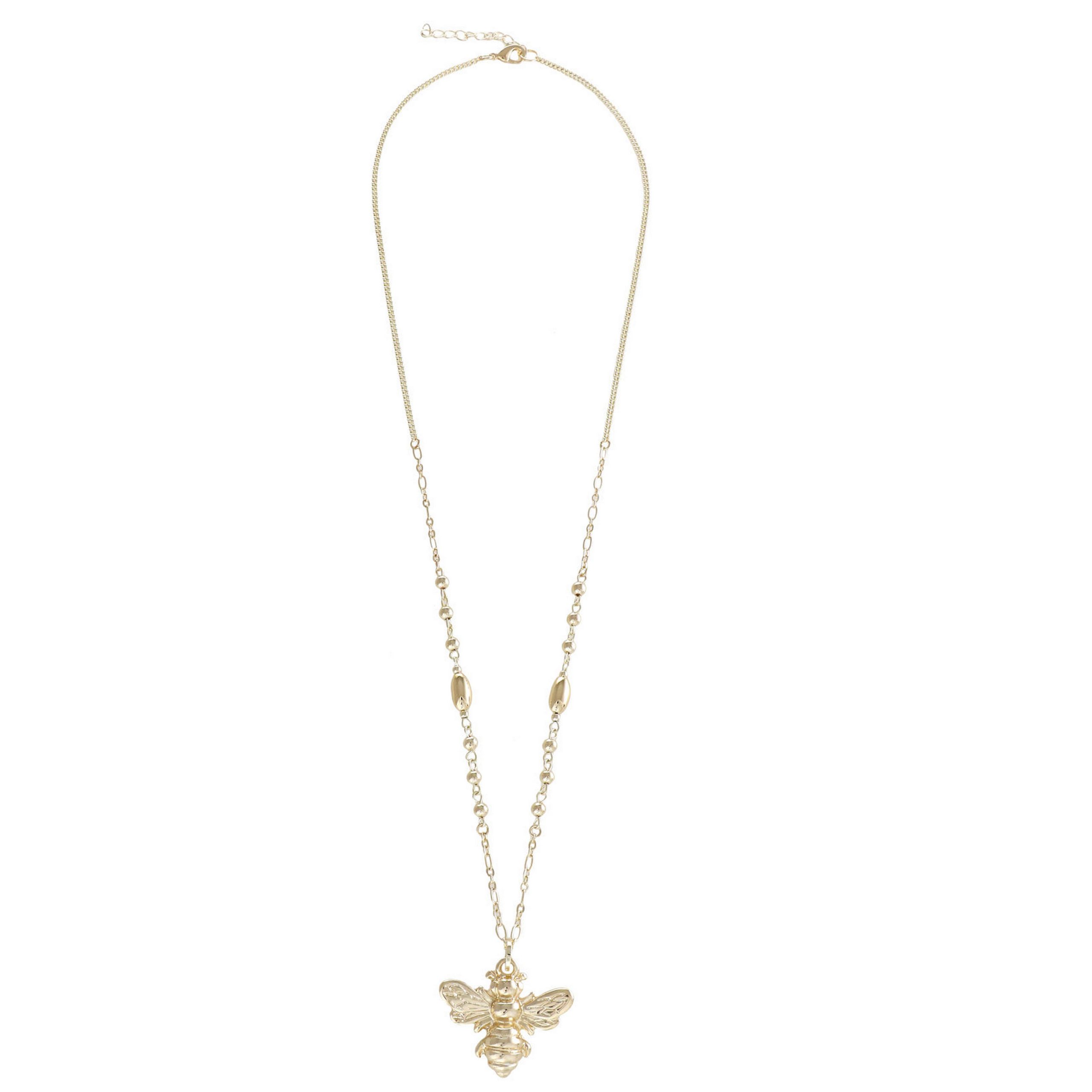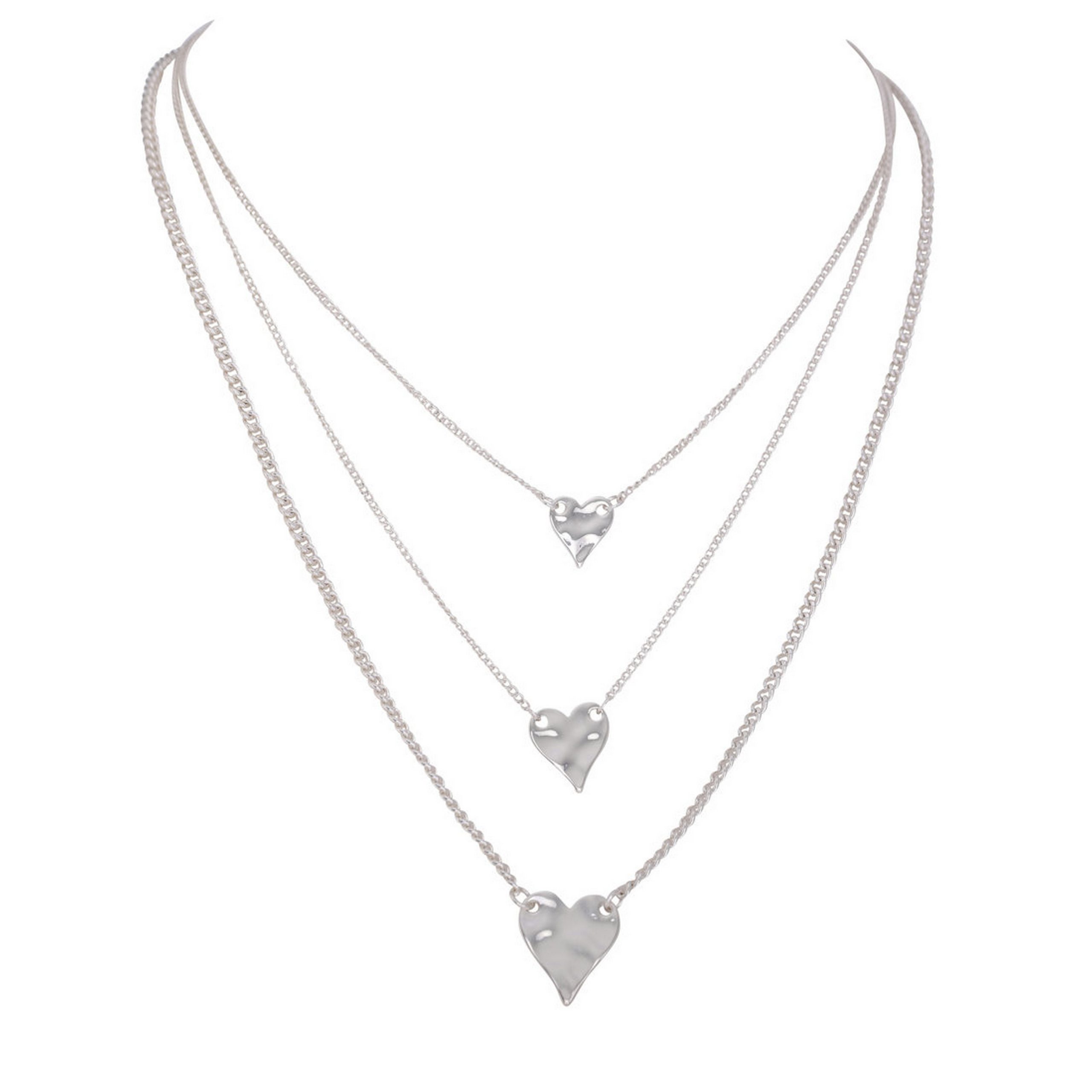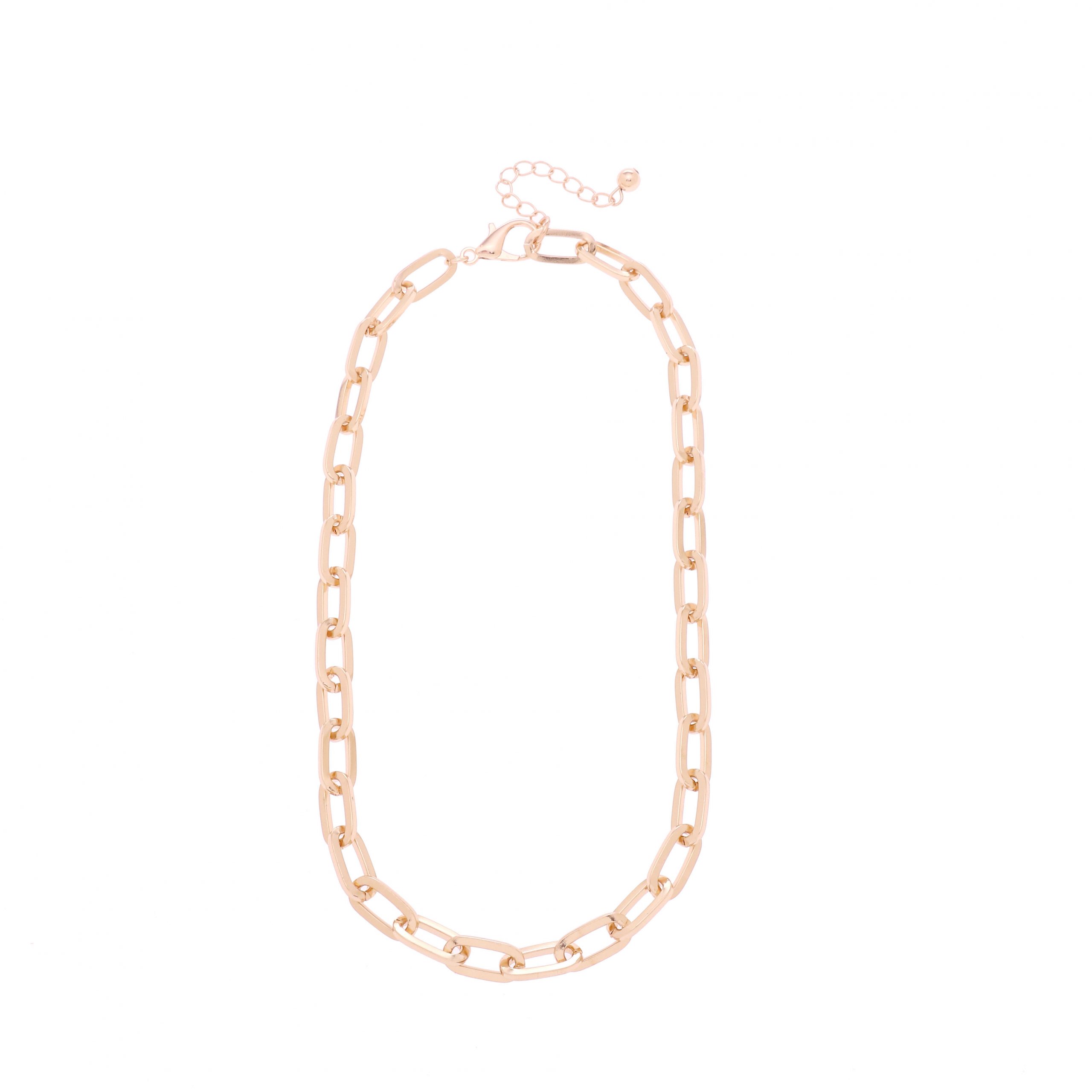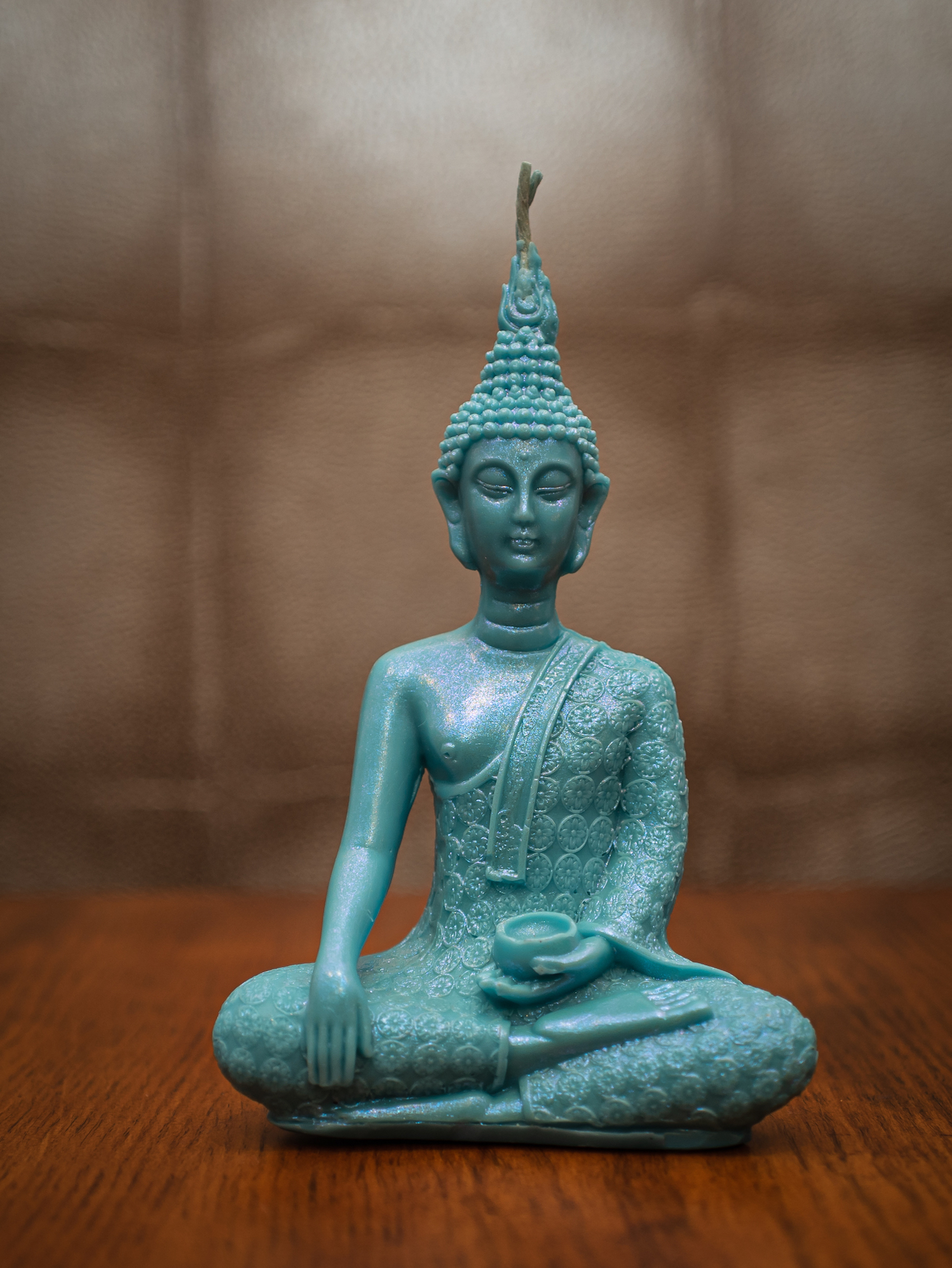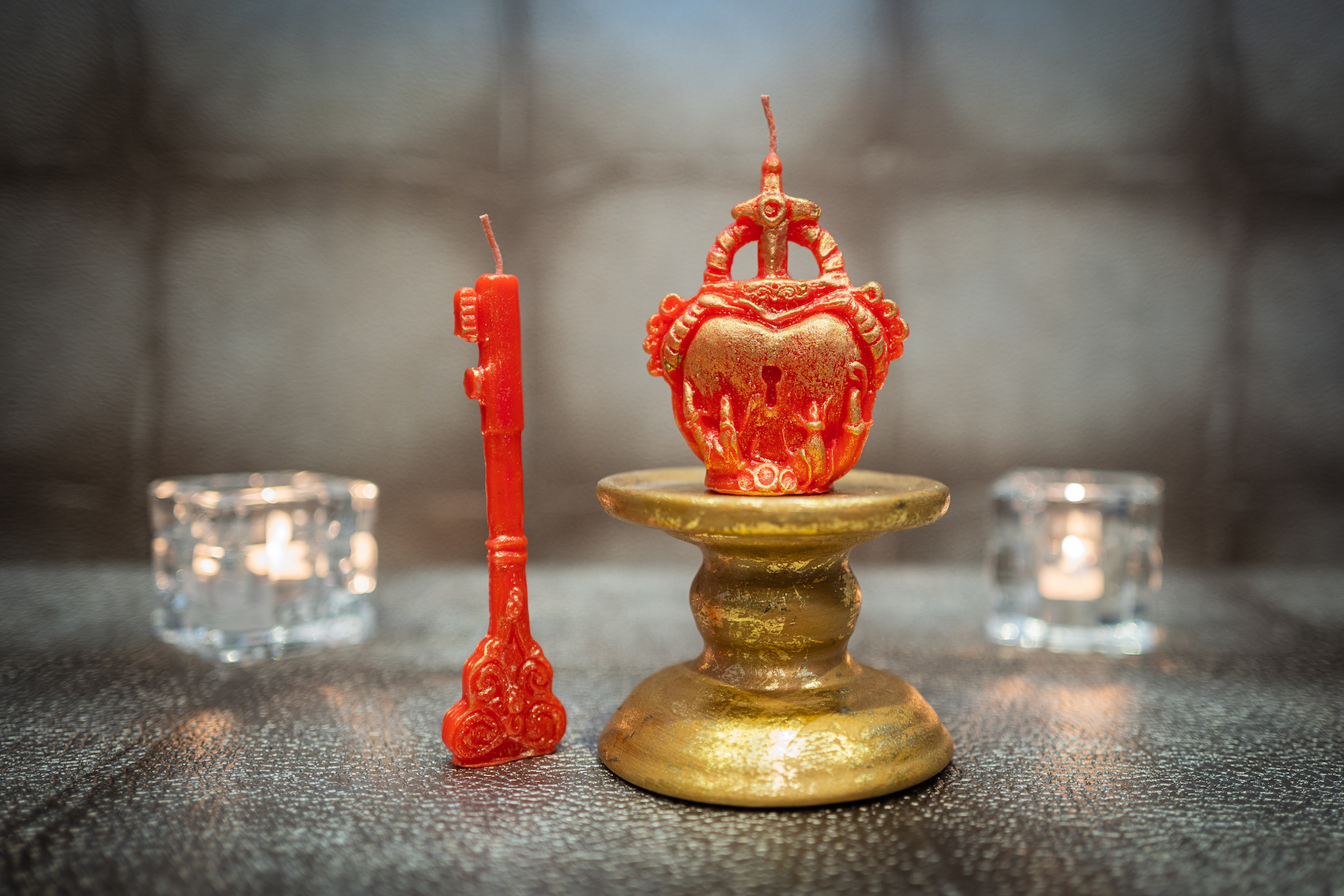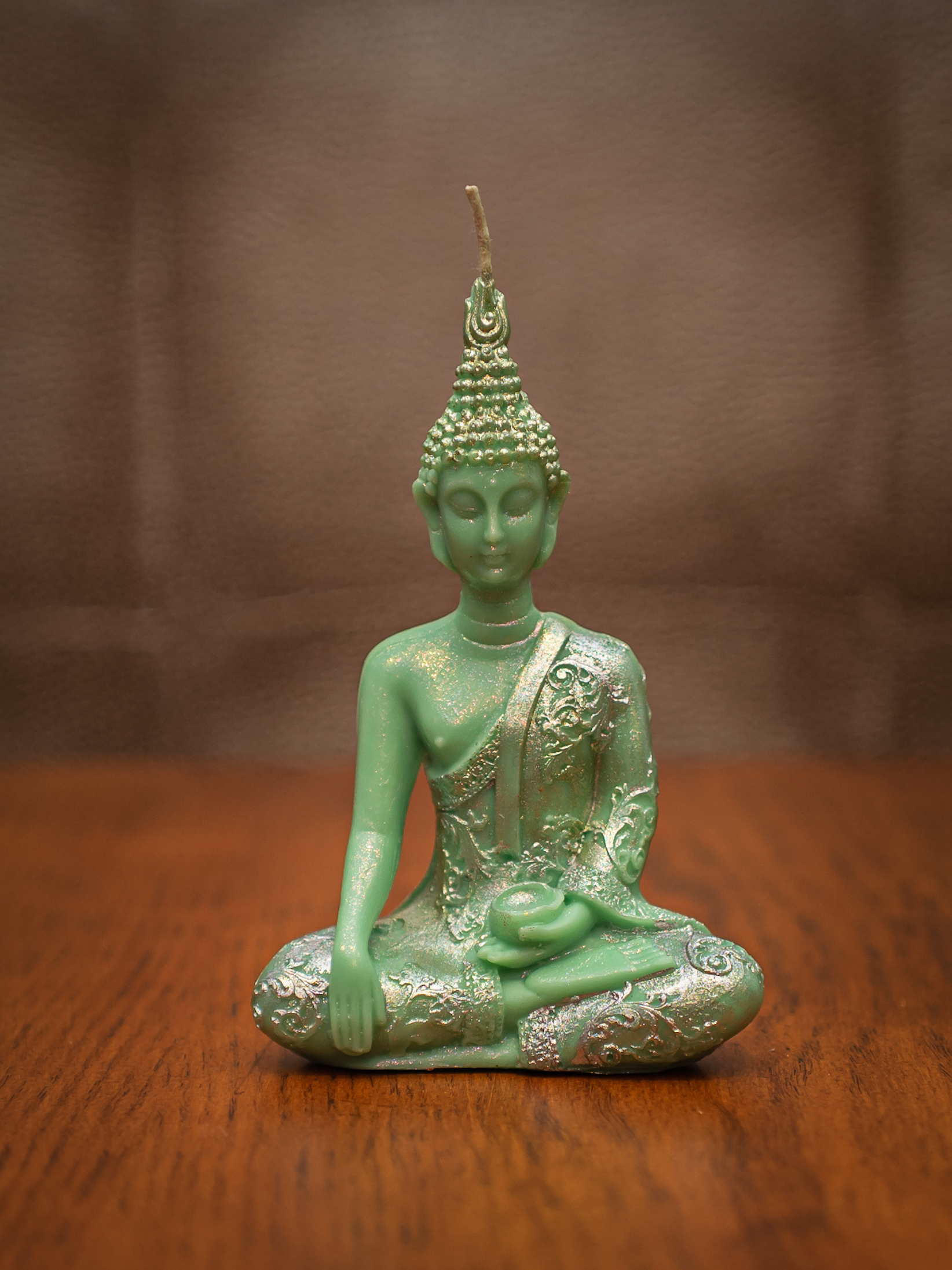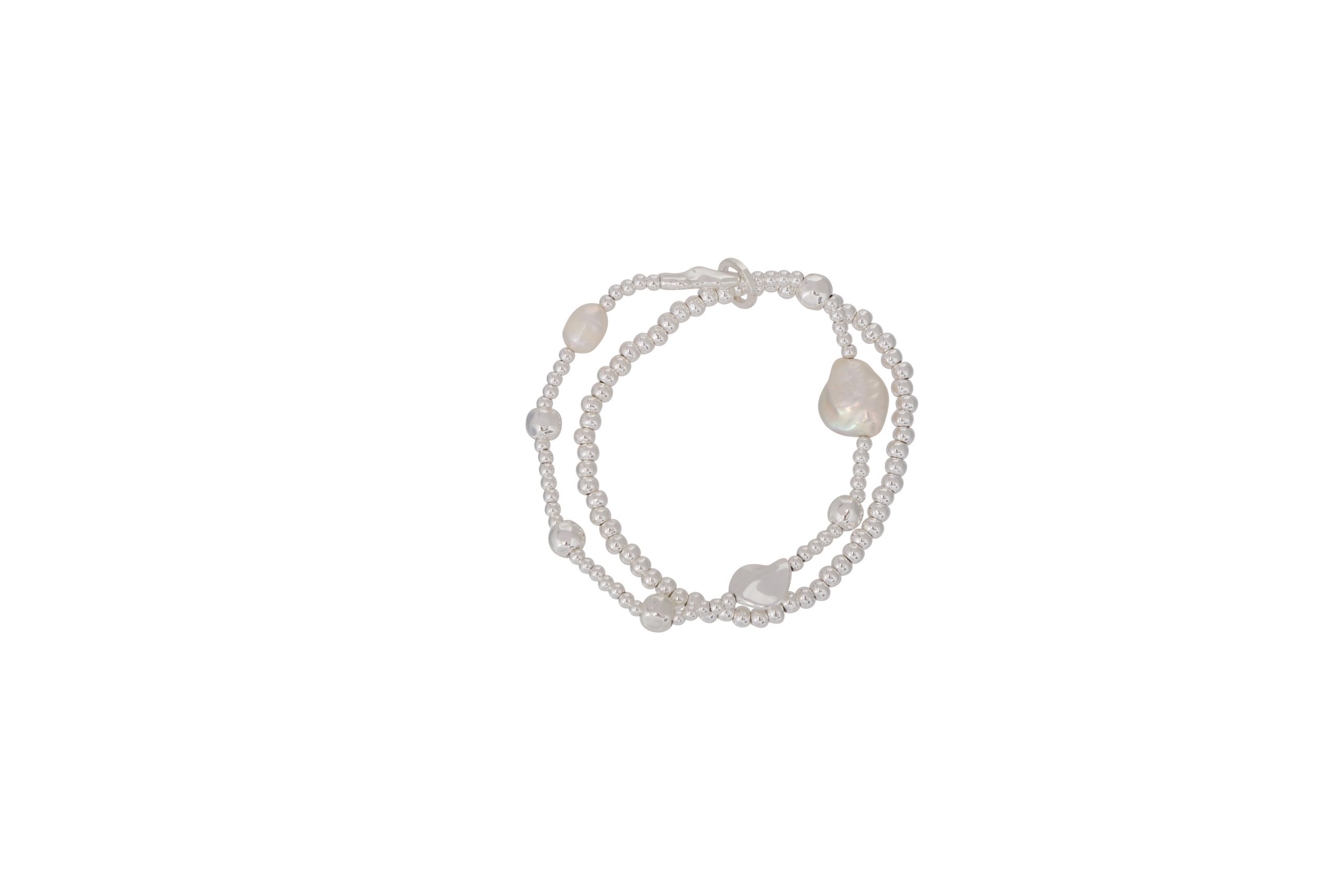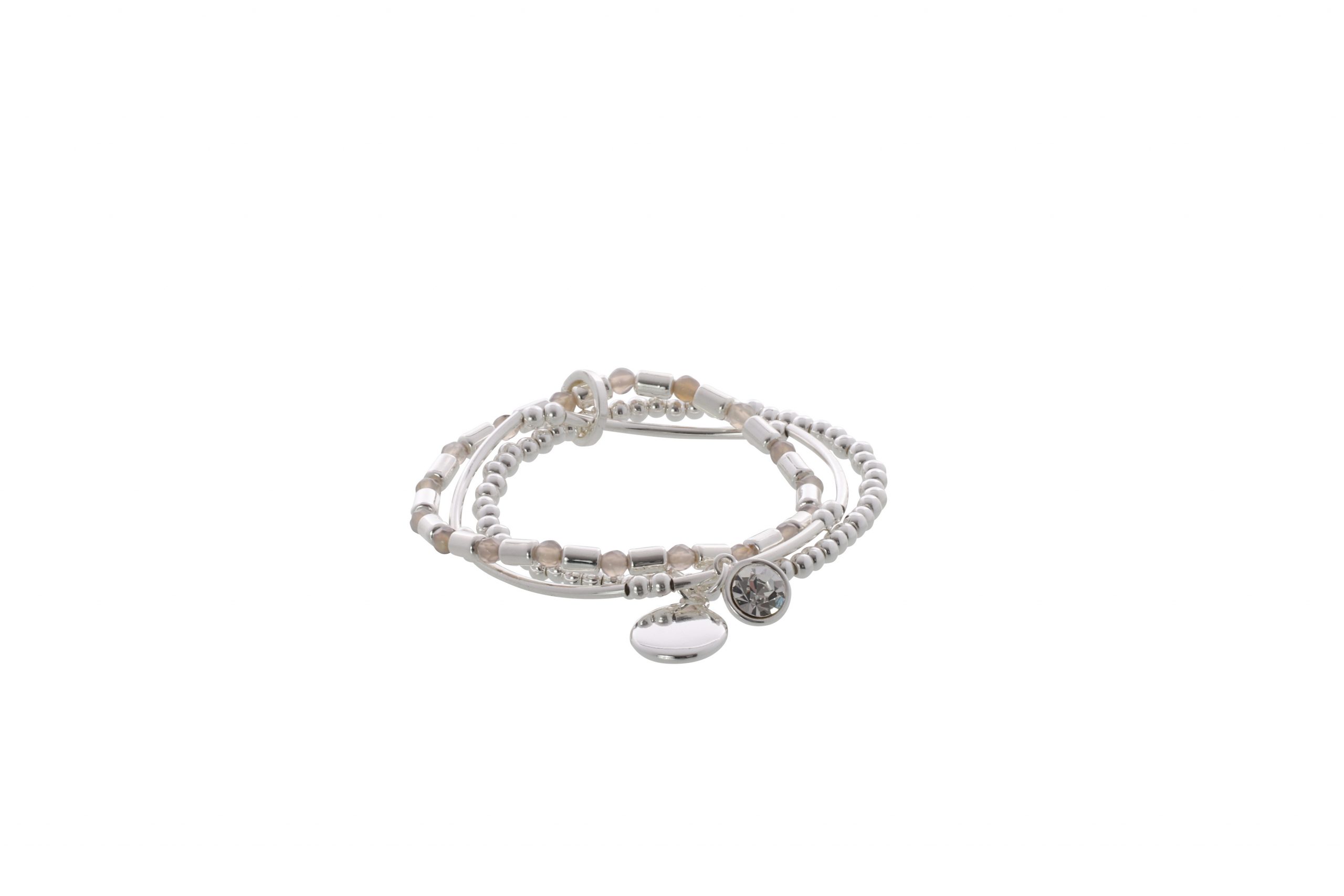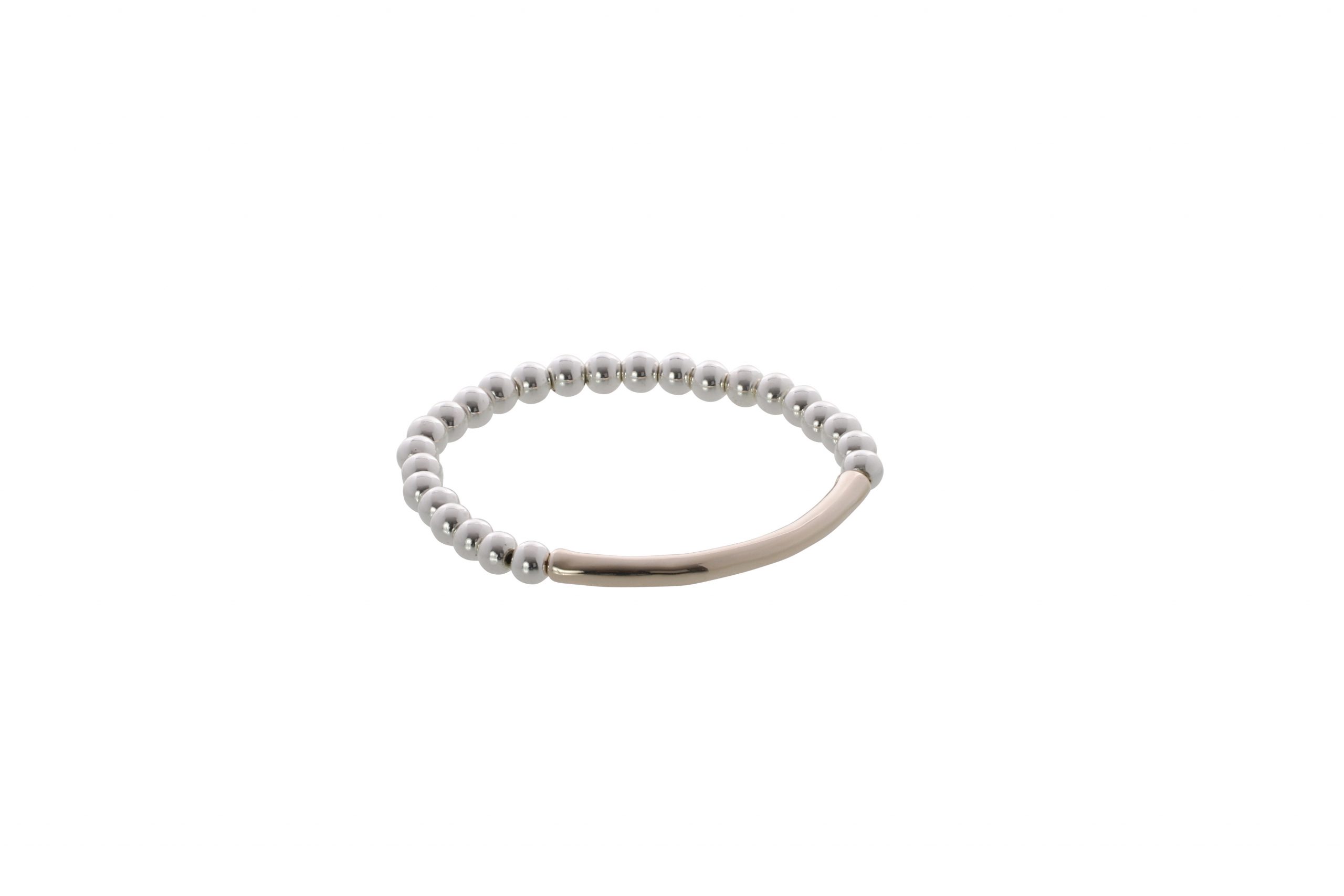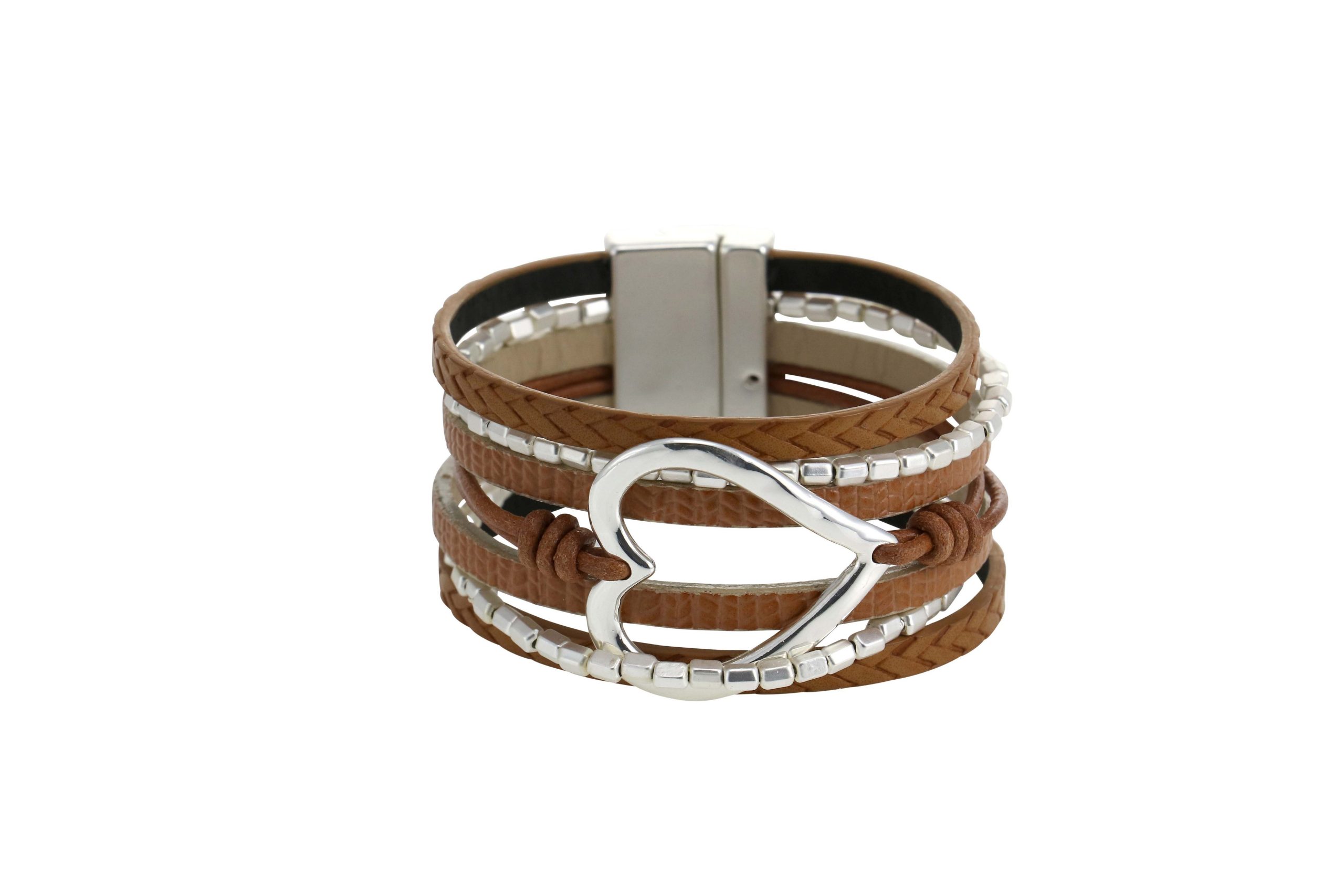And so, our conversation on Fran Drescher continues. What can I say, she’s a very interesting woman. But I think you figured out my opinion of her since this is my third blog post that has to do with her one way or another. I’d gone in-depth about her in my two previous posts, but let’s summarize, shall we? Drescher is the co-creator of the hit 90’s sitcom, ‘The Nanny’. She created the show along with her then-husband, Peter Marc Jacobson. She also starred on the show as the nanny. The duo divorced in 1996, but reconnected as friends when Drescher was diagnosed with cancer. Jacobson came out as a gay man in 2000, and in 2011, he and Drescher co-created another show together, ‘Happily Divorced’, which was based on their real-life divorce.
‘Happily Divorced’ opens with Fran and her husband, Peter, played by ‘Pitch Perfect’ star, John Michael Higgins, randomly waking up Fran in the middle of the night and telling he was gay.They divorce, but still live together in the same house due to them not being to afford living separately. As the series progresses, it’s revealed that Peter was always gay, and everyone around him knew the fact, except for him and Fran themselves. In real life, however, Jacobson realized he was gay after having gone through therapy following witnessing his wife and her friend being raped back in 1985. The two people who changed the changed their lives received life sentences and are now spending the rest of their lives behind bars. Back in 2020, Drescher opened up about the the aftermath.
“I ended up, because I have a photographic memory, helping police do the artist sketch of what he looked like. Based off of that, they were able to apprehend him. at least have the closure, which a lot of women sadly do not have. But I do, that he’s locked away now for good and will never do that again and I don’t have to worry that I see him every time I turn a corner.”
It was cancer diagnosis that helped her truly heal from her trauma years later and go public with it. For the first time ever, she opened up about the rape and its aftermath in her 1996 autobiographical book, ‘Enter Whining.’ In 2017, she opened up about the two life-changing experiences on the Australian talk show, ‘Studio 10.’
“That, I think, is a poetic correlation, because I really didn’t deal with my pain for many, many, many years with the rape. So when you don’t do that … I mean, I ended up with a gynecological cancer. So it kind of ends up being very poetic in where the body decides to break down and create disease. It’s been a colossal learning experience. I’m not glad I had cancer and I don’t wish it on anyone, but I am better for it. Sometimes the best gifts come in the ugliest packages.”
Just when I thought it couldn’t get any deeper than that, Mariska Hargitay, who plays Olivia Benson on ‘Law & Order: SVU’ opened up about her sexual assault story in a personal essay that she published via People Magazine.
“A man raped me in my thirties. It wasn’t sexual at all. It was dominance and control. Overpowering control. He was a friend. Then he wasn’t. I tried all the ways I knew to get out of it. I tried to make jokes, to be charming, to set a boundary, to reason, to say no. He grabbed me by the arms and held me down. I was terrified. I didn’t want it to escalate to violence. I now know it was already sexual violence, but I was afraid he would become physically violent. I went into freeze mode, a common trauma response when there is no option to escape. I checked out of my body.”
Hargitay is a longtime sexual assault advocate, but not once did she ever say why this cause was important to her. In fact, she downplayed the entire situation and didn’t even recognize it as being what it was – rape.
“I wasn’t being untruthful; it wasn’t how I thought of myself,” she wrote. “I occasionally had talked about what this person did to me, but I minimized it. My husband Peter remembers me saying, ‘I mean, it wasn’t rape.’ I began talking about it more in earnest with those closest to me. They were the first ones to call it what it was,” she said. “They were gentle and kind and careful, but their naming it was important.”
Reading Hargitay’s essay made me choke up a little. I never read a rape story that I could relate to almost to a tea. The only difference between us is that she was raped in her 30’s, whereas I was raped when I was 18. I, too, was raped by someone I knew and someone I thought I could trust. After all, it happened in my house and in my own f*cking room. When most people think of rape, they think of someone hiding in the bushes and attacking their target. But that’s just not the case. Most people know of ‘date rape’, but there’s also a term that’s known as ‘acquaintance rape’ – a term that’s used for someone being raped by someone they know. It happens more than you know; and in fact, more than I knew too.
Trauma and its effects on the human brain has been a matter of study, and it’s been proven that something such trauma due to rape is the most toxic one. It can be compared to a mirror being fractured. Our minds and our memories fracture just the same. Emily Sachs, a clinical psychologist who specializes in trauma, told USA Today that trauma due to rape affects our memory cognitively and emotionally and changes our understanding of the world. According to Sachs, trauma due to rape changes our meanings and expectations about the world and our relationships.
In her essay, Hargitay talked about the shame that sexual assault survivors face and her hopes for sexual violence to end, and how a rapist apologizing to his victim would be a start. She wrote, “Sexual violence persists not because of something unchangeable in our human condition, it exists because power structures are in place that allow it to happen. Those power structures are so pervasive that no one is immune from them. They breed thoughts like ‘I must have done something to cause this.’ And our society agrees: ‘Yes, you brought this upon yourself.’ That is false and it must change. ‘I’m sorry for what I did to you. I raped you. I am without excuse.’ That is a beginning,” she wrote. “I don’t know what is on the other side of it, and it won’t undo what happened, but I know it plays a role in how I will work through this.”
Fran Drescher and Mariska Hargitay rape stories are so different, and yet, somehow, in a cosmic and twisted way, I relate to both. As I mentioned before, Hargitay and I practically have the exact same rape story. The only difference is that she was raped in her 30’s, whereas I was raped when I was 18. My healing story, however, is closer to Drescher’s story. It took me years to even admit that the rape even happened to me. For a long time, I blocked the entire thing out and pretended like it never happened. My life following the rape was practically torture. In a way, I felt like I continued being raped by those around me. Emily Sachs explained the next 15 years of my life following the rape perfectly. My closest friends treated me like sh*t. At one point, I felt they treated me worse than my rapist did. At least I started comparing them to my rapist, but in hindsight, they were much worse. My rapist did the deed and disappeared from my life for good. My friends, on the other hand, continued to treat me the way that they did for years and got pleasure out of it. But I also allowed them to treat me the way that they did, so as much as I’d love to play the blame game, I’m to blame for this the most.
I was friends with these people for years, and I was sick for most of those years. It was during the time my life turned upside down, when my husband and I were involved in a car accident, I was diagnosed with epilepsy, and my health went to sh*t with me having at least 50 seizures a day, every day. For a long time, I blamed my epilepsy diagnosis for keeping them around for such a long time when I knew they treated me like trash. The brain has a mind of its own when you have epilepsy and having seizures is your normal. You lose touch of reality and you become a completely different person. One of those friends even said to her friends that I was delicate and that she loved that about me, all while laughing her f*cking a$$ off. The real me, though, is a strong motherf*cking woman, and her saying that was eye-opening for me. She never liked the real me. Instead, she liked the epileptic version of me. The version the allows her and others like her to treat me like shit. She was right, though. The epileptic version of me WAS delicate.
Having epilepsy and having the amount of seizures that I had during that time, as well as in-taking anti-seizure medication will have its side effects. When people think of epilepsy, they simply think of seizures. But seizures is just one small part of it. You lose sight of reality, you don’t understand or obtain situations or conflicts at hand as they are, you constantly feel tired and beaten up, among other things. During the first few years following my epilepsy diagnosis, I lost control of my body and mind the same way I did following my rape. With that being said, once I started learning more about epilepsy, I blamed my diagnosis for me allowing those people I used to call friends to treat me the way that they did. I blamed my epilepsy diagnosis for me allowing them to contentiously ‘rape’ me.
I realize now, all thanks to working on writing THIS specific blog post and bringing it to life, that it wasn’t my epilepsy diagnosis that was to blame, but rather my trauma due to rape. Specifically, it was Emily Sach’s words on how rape changes you that made me understand my entire life following my rape. I mentioned it before and I’ll mention it again because it’s so important, at least to me. According to Sach’s, a clinical psychologist, said that trauma due to rape can be compared to a mirror being fractured. Our minds and our memories fracture just the same. It affects our memory cognitively and emotionally and changes our understanding of the world. According to Sachs, trauma due to rape changes our meanings and expectations about the world and our relationships. THAT explained EVERYTHING.
Hargitay wrote in her essay that she’d want an apology from her rapist. I wouldn’t say that I want an apology from my rapist, but I would like to hear him tell me WHY. Although, I’m pretty sure I know the answer to that. A rapist apologizing for his deed would be a step for the rapist in question to begin THEIR healing process. No matter the case, meeting him again and hearing his side of the story would be a good closure. I can’t speak for him, but it’d definitely bring closure for me. Some might not understand this, but that’s just because they hadn’t been through it and don’t understand the trauma that comes with being raped.
Drescher said that her battle with cancer helped her heal from her rape trauma, 10 years after the fact, might I add. This exact same thing happened to me. I was diagnosed with epilepsy 9 years after I was raped. The 5 years the followed were the hardest of my life. But those 5 years were very important for me to live through. They were part of my healing process, and I couldn’t be more grateful for those years. My epilepsy diagnosis forced me to heal and to get to a better place – emotionally, mentally and physically. My epilepsy diagnosis forced me to listen to my body more and develop a healthy relationship with my body and be kinder to it, as well as to myself. That’s why I see my epilepsy diagnosis as a blessing in disguise. I know it might be hard for you to understand, especially if you’re just diagnosed with epilepsy or if you’re still healing from your rape trauma yourself. But I promise you, you’ll get to a place where you see what I see.
Everyone has their own rape trauma story. My story is a big part of this blog. The fact that I’m comfortable enough to even write about my story without getting angry is a big step i my recovery. I know that my book, ’12 YEARS A WOMAN: MY JOURNEY TO HAPPINESS’, which is available for purchase on Amazon, conveys that anger in me. But I’m getting better. I’m getting stronger. I’m getting wiser. I’m getting smarter. Day by day, I’m getting back up again.
Sign up to our newsletter if you want to see more content from The Graceful Boon! By signing up to our newsletter, you'll get an even more in-depth content from yours truly, Stacie Kiselman, who's our Graceful Boon, that you won't want to miss out on.

